
FREE 10+ Research Data Collection Form Templates in MS Word | PDF
In the research study, there are various important steps that are carried out every time and among these steps the…
Sep 08, 2023
A research interview is a conversation in which questions are asked in order to get information. The interviewer is usually a professional or paid researcher, sometimes trained who, in an alternating series of usually brief questions and answers, puts questions to the interviewee. They can be compared with surveys where an interviewer asks a group of individuals and observes the resulting conversation between interviewees, or surveys that are more anonymous and limit participants to a range of predefined choice of answer.

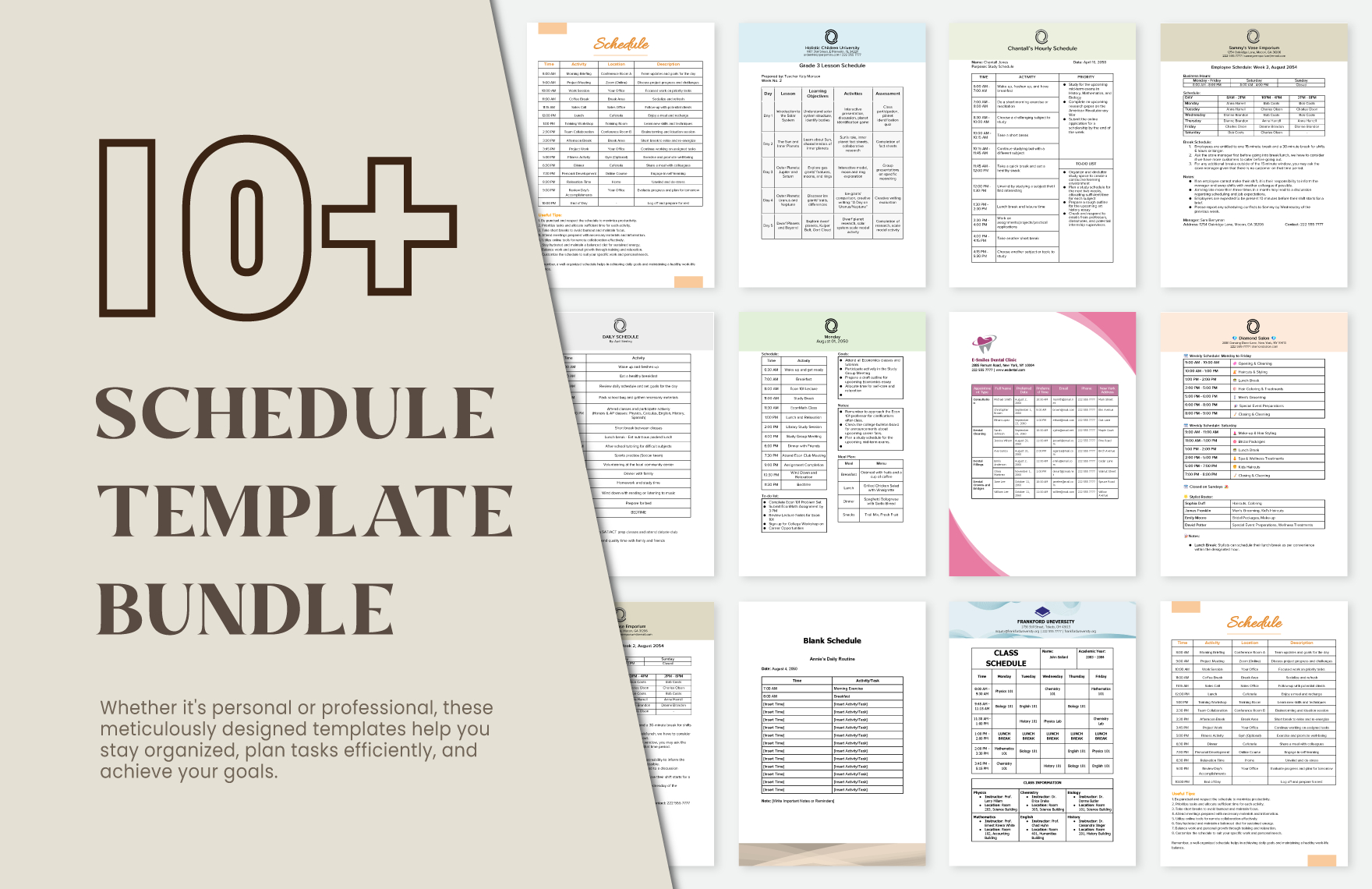
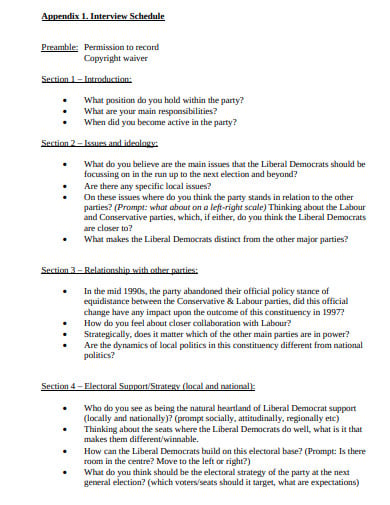 ac.uk
ac.uk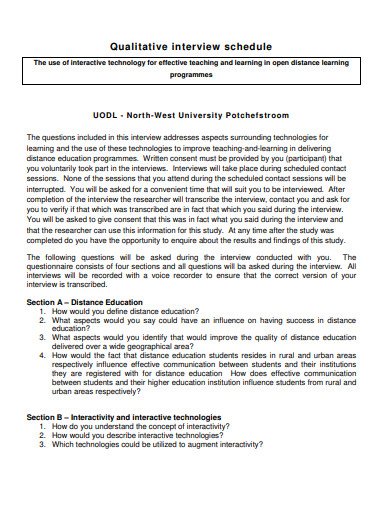 nwu.ac.za
nwu.ac.za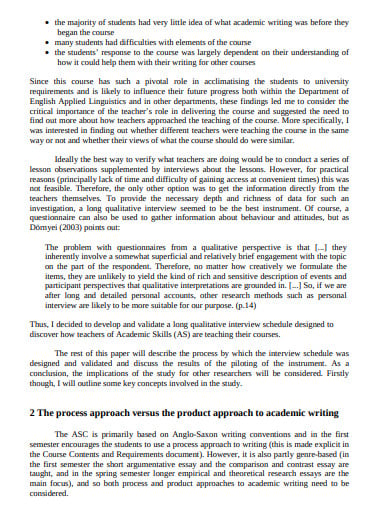 elte.hu
elte.hu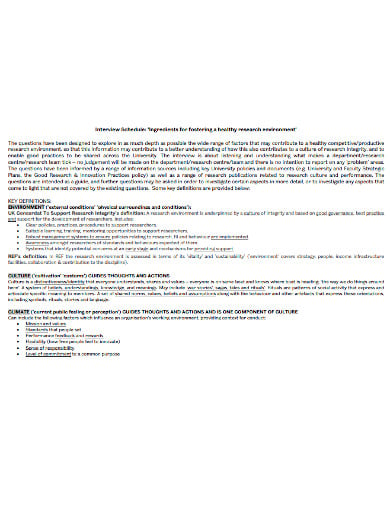 sheffield.ac.uk
sheffield.ac.uk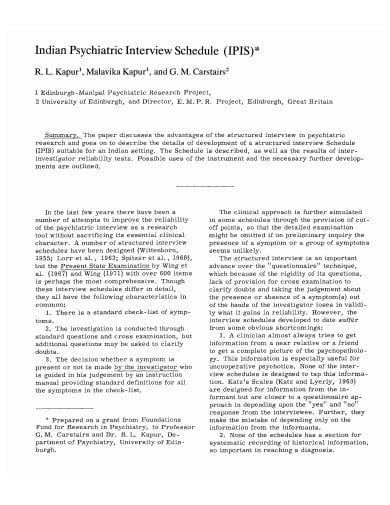 ias.ac.in
ias.ac.in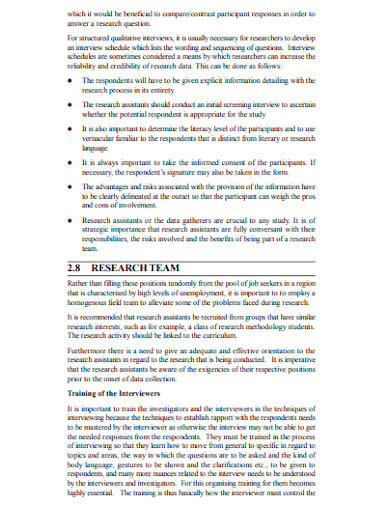 egyankosh.ac.in
egyankosh.ac.in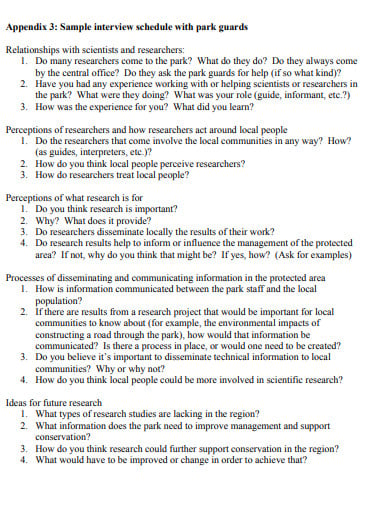 ecologyandsociety.org
ecologyandsociety.org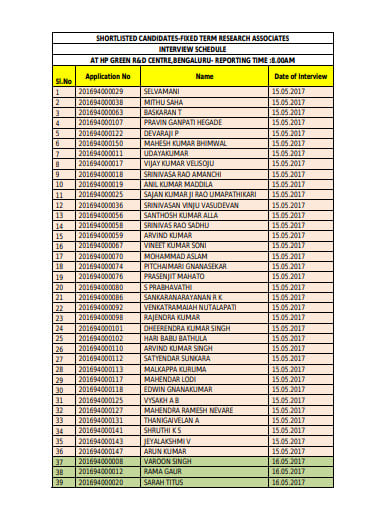 hindustanpetroleum.com
hindustanpetroleum.com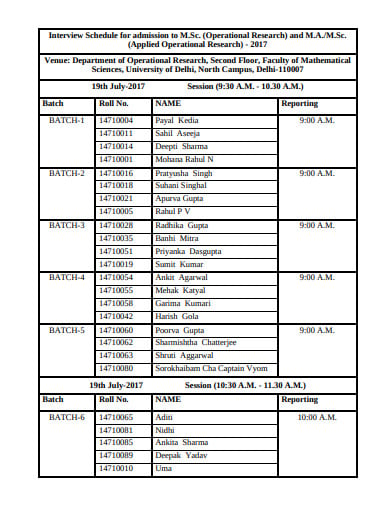 du.ac.in
du.ac.in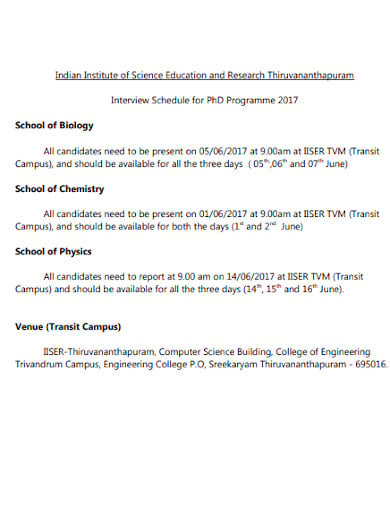 iisertvm.ac.in
iisertvm.ac.in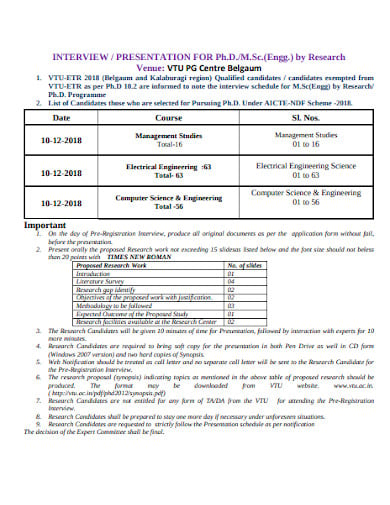 vtu.ac.in
vtu.ac.inAn interview schedule refers to a list comprising of a collection of standardized queries that have been designed to serve as a reference for interviewees, researchers and researchers to gather information or data on a particular topic or problem. A research interview comprises of an interviewer who co-ordinates the discussion method and asks questions, and a respondent who addresses those questions;
Research interviews are generally of four types:
To remain as transparent and flexible as possible to the nature and preferences of the interviewee, no predetermined questions are asked; during the interview, the interviewer “goes with the flow.”
This type of interview is intended to ensure that each interviewee provides information on the same general information areas; this provides more focus than the conversational approach, but still allows for a degree of freedom and adaptability in getting the information from the interviewee.
In this type of interview, all interviewees are asked the same open-ended questions; this method enables faster interviews that can be analyzed and compared more easily.
This type of interview asks similar questions to all respondents and then asks them to choose from the same set of alternatives to provide the answers. This format is useful for those interviewers who are not practiced. This type of interview is also called a structured interview.
Perhaps the biggest benefit of research interviewing is the interviewee’s profundity of detail. Interviewing participants will draw a picture of what happened in a particular event, tell about their expectations for such an event, and also offer other social indicators. Social indications such as the interviewee’s voice, intonation, body language, etc. can give the interviewer plenty of additional information that can be added to the interviewee’s verbal response on a query. This degree of detailed explanation, whether verbal or nonverbal, may display an otherwise hidden interrelationship between feelings, individuals, items, unlike many other research techniques.
In its particular form qualitative interviewing has a unique advantage. Researchers can tailor their questions to the respondent to get rich, complete stories and the information they need for their project. When they need more examples or explications, they can make it clear to the respondent.
Along with learning about specific events, researchers can also gain insight into the inner interactions of individuals, precisely on how people perceive and how they interpret their perceptions. They can talk about how events have affected their emotions and thoughts. In this, researchers can understand an event’s process rather than what has just happened and how they responded to it.
Another benefit of research interviewing includes what it can offer to people who read academic papers and journals. Researchers can write clearer reports for their readers, giving them a more comprehensive understanding of the respondents’ experiences and a higher chance of identifying, even if briefly, with the respondent.
The planning of the interview can present complications. Not only is it hard to get people for interviews because of the interview’s typically personal nature, to plan where to meet them and when can also prove to be difficult. At the last minute, the participants can cancel or change the meeting location.
One of the biggest weaknesses of the research interview is missing information that can happen during the actual interview. This may be due to the enormous multitasking that the interviewer has to do. They not only need to make the interviewee feel quite comfortable, but they also need to maintain as much eye contact as necessary, jot down as much as they can, and think about add-on questions.
The coding process begins after the interview and with that follows its very own collection of inconveniences. Coding generally takes an extraordinarily long time to do. Usually, this method requires numerous people, which can become costly too.

In the research study, there are various important steps that are carried out every time and among these steps the…

Research information sheet is also known as participant information sheet. This sheet and consent forms are both important aspects of…

In the natural and social sciences, and perhaps in other areas, quantitative analysis refers to the comprehensive empirical study of…

The Academic Research Report is the completed study that reports an investigation or finding out of the problem, identification of…
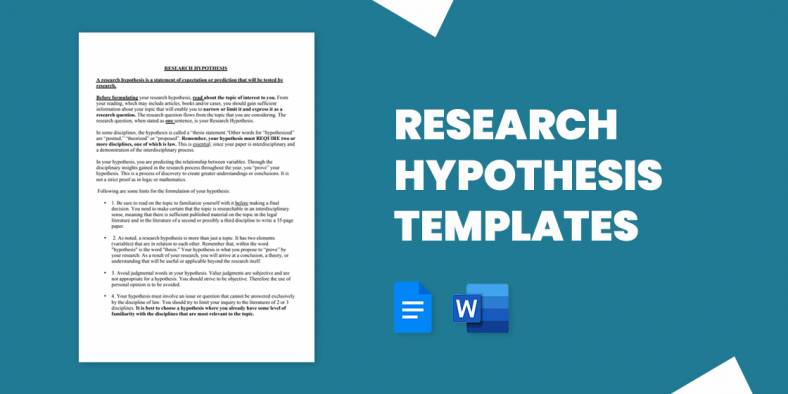
The Research Hypothesis is that the tentative answer to the matter. It’s process the matter. It’s the precise clear, and…

The Case Study investigates the contemporary cases for the purpose of the illumination and the better understanding. In some cases…

A case study refers to a method or record of research on the creation over a period of time of…
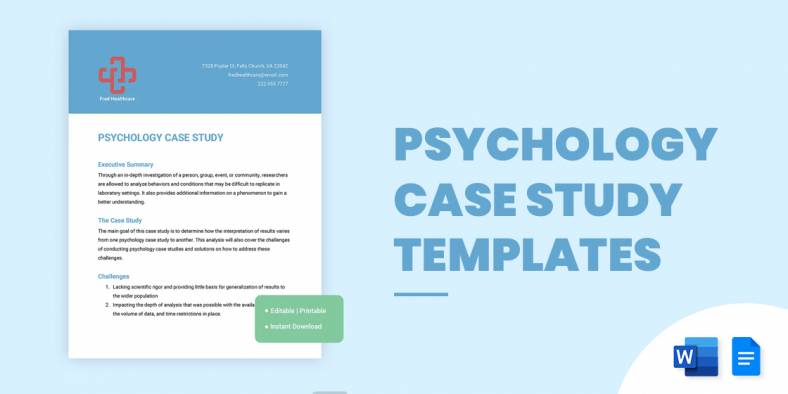
A psychological case study is to compose a contextual needs analysis of the mental state and the health of the…

Policy documentation indicates the principles, rules, and guidelines that your association expects representatives to follow. Arrangements likewise mirror the qualities…